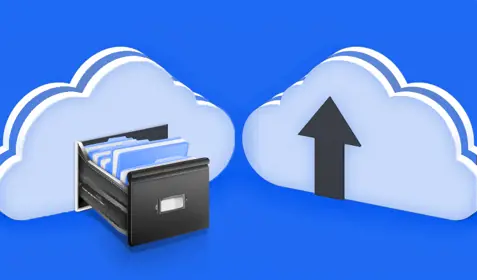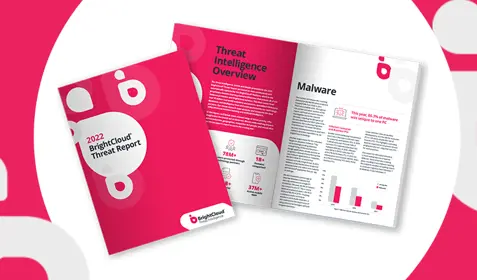Because of its scalability and affordability, cloud backup services are a wise choice for part of an overall data backup solution for small and medium sized businesses (SMBs). In spite of the obvious benefits, though, many SMBs have expressed hesitation toward using the cloud for their data backup and recovery solution. The main reason given for this reservation is security.
One can understand where this reluctance comes from, though. Data sent to and retrieved from cloud backup solutions must pass over the Internet, which, due to a few highly publicized breaches, has a reputation for being poorly secured.
Security of data in the cloud has come a long way, mainly because many businesses accepted it for what it was – public storage of private information. And in much the same manner that a storefront business would never place valuables in its front window and then leave its doors unlocked at night, cloud vendors have taken steps to secure information, usually by encrypting it before it ever made the trek to the cloud.
As industry analyst and pundit, George Crump, says of encrypting data headed for the cloud:
“I don’t know of a single business level cloud storage solution that does not encrypt data before it goes across the Internet and almost all store that data in an encrypted format. That means you are still in control of your data. In almost every case the cloud storage provider can’t see or do anything with that data.”
The good news is that ensuring the security of the cloud is not complicated – businesses just need to pick the right vendor. The best solutions incorporate:
- The Latest in Encryption Technology: Secure data locally using encryption like 128-bit Blowfish encryption and transfer it through a 128-bit SSL tunnel so it is protected at all times — at rest, in transit across the Internet and in the cloud.
- Centralized Management: Centralization enables advanced authentication policies, which allows tightly controlled device access and monitoring.
- Strong Internal Policies: Establishing policies that set parameters for setting up cloud accounts, creating passwords to access the cloud and insisting upon security standards for mobile devices – both those that are provided by the company and those that are Bring Your Own Device (BYOD) – that access the data enables IT staff to better manage employees. Such policies also ensure that employees themselves do not become a point of vulnerability for data.
When you choose reputable vendors and establish the right policies for your business, the cloud can help ensure both the security and continuity of your data.










